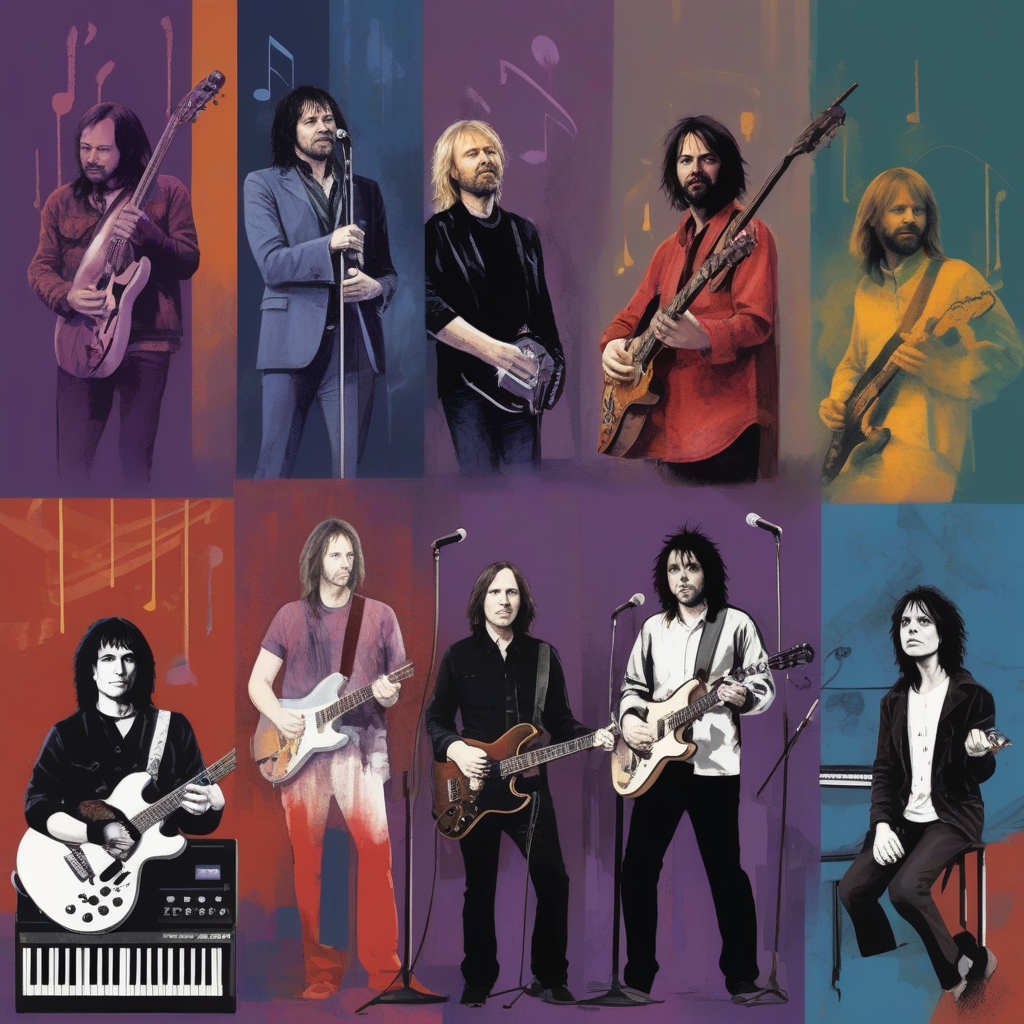The Growing Concern Over AI in Music
The proliferation of artificial intelligence has transformed various industries across the globe, and the music industry is no exception. As AI tools and technologies become more sophisticated, they pose both opportunities and challenges to the creative process. Recently, an open letter brought together the voices of renowned musicians such as ABBA, Radiohead, and The Cure, expressing concern and urging for ethical implementation of AI in music.
AI has the potential to revolutionize how music is created, distributed, and consumed. From generating compositions to analyzing trends, AI can offer musicians novel tools to enhance their work. However, this very technology could also threaten the core values of art and creativity, raising serious questions about ownership, originality, and the essence of human contribution.
A Unified Stand: ABBA, Radiohead, and The Cure
In a powerful gesture, iconic bands ABBA, Radiohead, and The Cure have united to voice their apprehensions about unchecked AI development. These artists, each with distinct musical legacies, have come together to safeguard the integrity of the art they are so passionate about.
The open letter acknowledges the beneficial possibilities of AI but focuses on its potential to disrupt the foundational elements of the music industry. Central to this concern is the fear that AI-generated music, if left unregulated, could dilute the human connection and authenticity that art possesses.
The Concerns Raised
The letter outlines several risks that AI poses to musicians and the broader music community. Here are some of the core issues highlighted:
- Artistic Integrity and Authenticity: AI algorithms can now produce music compositions that rival human creation. However, these outputs lack the personal touch and emotional depth that only human experience can provide.
- Originality and Ownership: There is a looming concern over the ownership of AI-generated work. As machines learn from existing music, questions arise about the originality of such compositions and whether they infringe on artists’ intellectual property.
- Job Displacement: As AI tools become more widespread, there is a fear that this technology could replace human musicians, composers, and producers, leading to potential job losses within the industry.
Symbolic Imagery of Unity
Imagine an artistic representation where members of ABBA, Radiohead, and The Cure stand together, a visual metaphor for solidarity against the unchecked growth of AI in music. In this composition, musical notes morph into digital code, illustrating the tension between traditional artistry and modern technology. The backdrop of a concert stage, illuminated by spotlights and scattered with instruments, symbolizes the vibrant world of music, threatened yet resilient.
This symbolic imagery captures the essence of the ongoing debate—evoking a sense of creativity and hope intertwined with caution and vigilance.
Balancing Progress and Preservation
While AI holds great promise for the future of music, it’s critical to strike a balance that preserves the unique qualities of human artistry. The open letter emphasizes the need for ethical guidelines and regulations to govern AI’s role in the music world. This involves establishing clear standards for the use of AI in creating music, ensuring that human input remains central, and clarifying copyright laws concerning AI-generated content.
Industry-Wide Collaboration
Moving forward, collaboration between musicians, technologists, and policymakers will be essential. Establishing a framework that fosters innovation while respecting artists’ rights and contributions can help harness AI’s potential positively.
Key action points include:
A Collective Call for Action
As music legends like ABBA, Radiohead, and The Cure rally against the unchecked rise of AI in music, their call to action resonates with artists and fans worldwide. This movement marks a pivotal moment in the relationship between technology and art—a reminder that while innovation is vital, it should never come at the expense of creativity, authenticity, and humanity.
In conclusion, the ongoing dialogue surrounding AI in music reflects broader questions about technology’s role in our lives. By advocating for ethical practices and nurturing discussions on this topic, musicians and stakeholders can ensure that AI becomes a tool that enriches the music world, rather than diminishing its wonder. As the industry stands at this crossroads, the voices of these iconic bands beckon us all to consider what it means to create, share, and treasure music in an ever-evolving digital landscape.

Leave a Reply